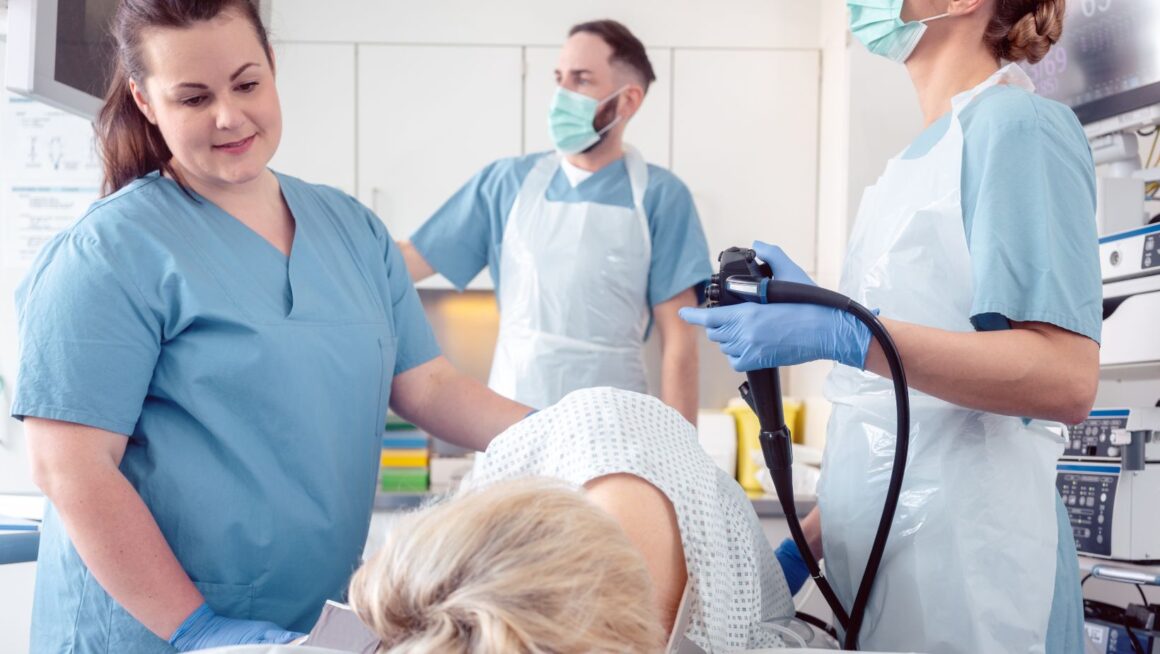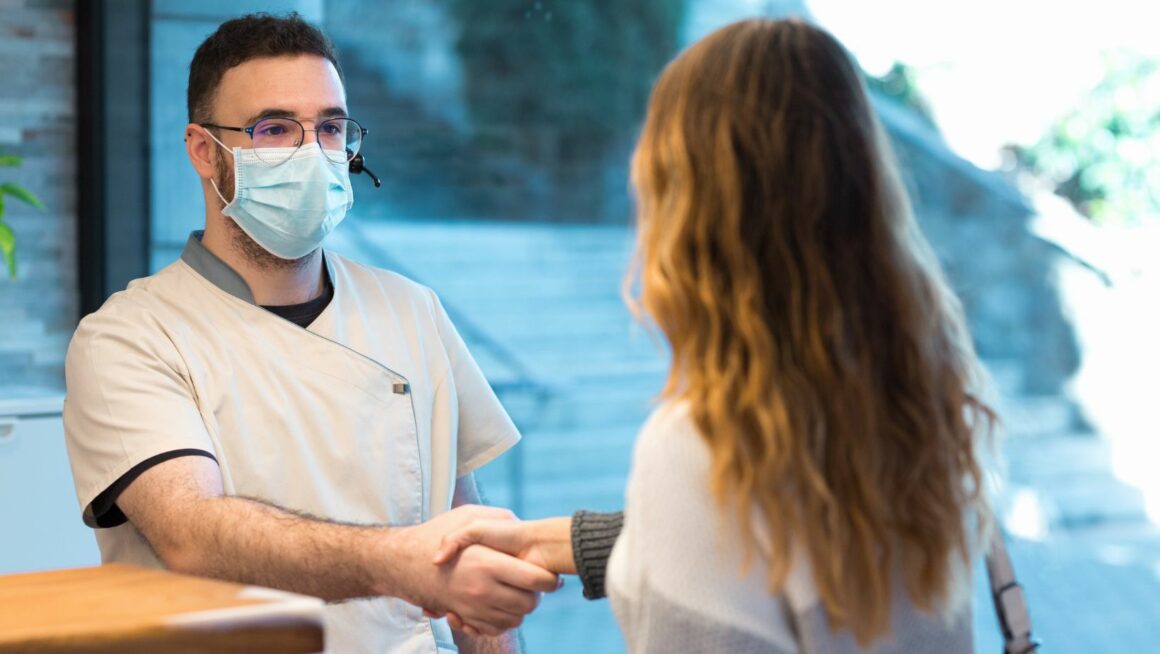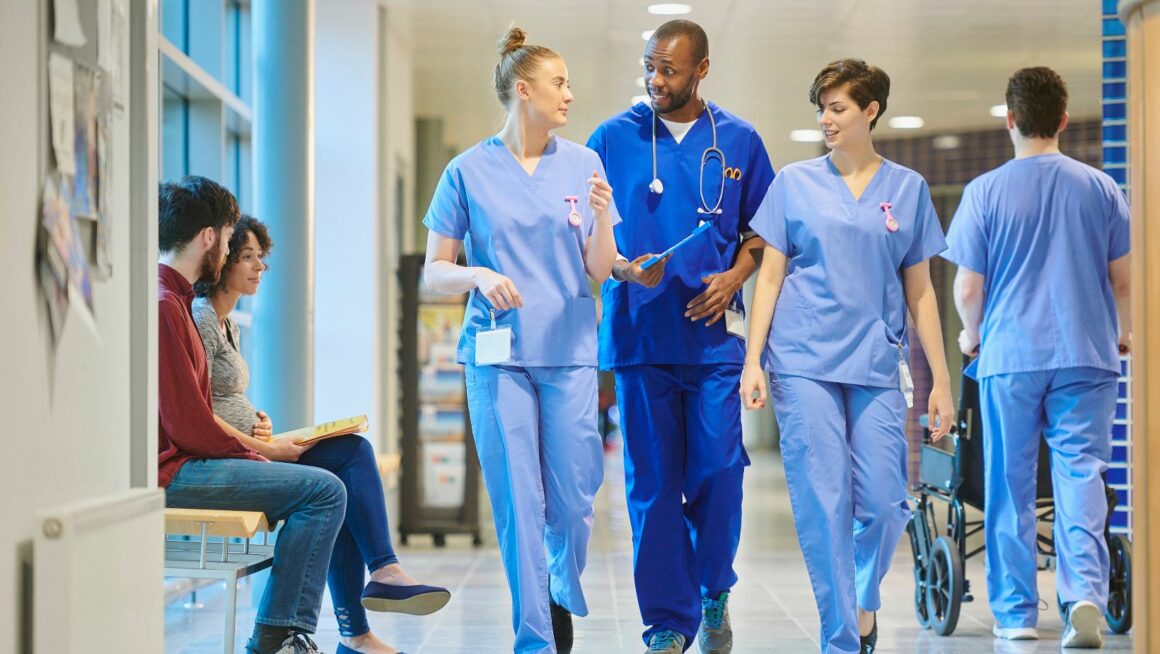If you have concerns about your colorectal health, your provider may recommend visiting a colon specialist for a colonoscopy. Singapore flaunts an abundance of these providers and an advanced healthcare system, so you’re in luck if you’re already in Singapore.
However, the recovery process can be a source of anxiety, especially if you’re taking the exam for the first time. If you’re feeling a mix of anxiety and confusion, the relief will likely come from completing the procedure.
However, another source of confusion may be about how long the recovery takes and what to expect next. In this guide, we’ll explain what a colonoscopy is and its purpose. Also, we’ll share helpful tips for a smooth recovery. Keep reading!
What is a Colonoscopy used for?
A colonoscopy involves the use of a long, flexible tube with a camera at the end, called a colonoscope. This tube allows doctors to visualize the colon lining and detect any abnormalities. Many people who visit us for colonoscopy in Singapore—especially the first timers frequently ask; what is a colonoscopy used for?
To begin, a colonoscopy is a medical procedure used to examine the inside of the colon and rectum. Common reasons for undergoing a colonoscopy include screening for colorectal cancer, diagnosing gastrointestinal symptoms such as chronic diarrhea or abdominal pain, and monitoring conditions like inflammatory bowel disease (IBD).
The procedure plays can help with the early detection of colorectal cancer, which significantly increases the chances of successful treatment. Also, it helps diagnose other gastrointestinal issues and allows for timely and appropriate treatments.
Is it Painful to have a Colonoscopy?
Since colonoscopy involves the insertion of a long tube through your anus and into the rectum and colon, it is natural to be a little nervous about the whole procedure. That’s why so many people frequently search online: is it painful to have a colonoscopy?

The answer is no. Most people don’t experience pain during a colonoscopy because they are sedated or anesthetized. However, some patients may feel discomfort or pressure when the colonoscope is inserted into the colon or when the colon is inflated with carbon dioxide gas.
Immediately after a colonoscopy, you will be moved to a recovery room, where medical staff will monitor you as the sedative wears off. You may feel groggy and disoriented due to the sedation.
It’s normal to rest in the recovery room for about 30 minutes to an hour until you are fully awake and stable. You may experience some mild symptoms immediately after the procedure.
These symptoms may include drowsiness due to the sedative and mild cramping or bloating from the air introduced into the colon during the exam. Some people also report feeling gassy or having the urge to pass gas, which helps relieve discomfort.
Before you are discharged, the medical staff will provide you with post-procedure care instructions. It’s essential to have someone drive you home, as the sedative effects can impair your ability to operate a vehicle.
You’ll be advised to rest for the remainder of the day and avoid any strenuous activities. The doctor will also inform you about when you can resume normal activities and provide guidelines on what to eat and drink in the hours following the procedure.
How Long Does It Take To Get Back To Normal After A Colonoscopy?
Recovery from a colonoscopy is usually quick. You will most likely need only one day to recover from a colonoscopy and feel like yourself again. However, the exact timeframe depends on whether you received sedation or anesthesia during the procedure.
The first 24 hours after a colonoscopy are crucial for recovery. Rest is paramount; your body needs time to recuperate from both the procedure and the effects of sedation.
So, avoid any strenuous activities and give yourself permission to relax and take it easy. Equally important is staying hydrated. You may have been advised to avoid solid foods before the procedure, so reintroducing fluids and staying well-hydrated will help your body recover.
Start with clear liquids and gradually move to light, easy-to-digest foods. Mild gas, bloating, and cramping are common during the first-day post-procedure.
Walking around can help relieve gas buildup and ease discomfort. If you experience pain, over-the-counter pain relievers, as recommended by your doctor, can be helpful.
Your diet should be light and easy to digest for the first 24 hours. Start with broth, gelatin, and other clear liquids. Gradually introduce bland foods like toast, bananas, and rice as your appetite returns. Avoid alcohol, caffeine, and heavy or greasy foods, as these can irritate your digestive system.
As you move into the first week after your colonoscopy, you can gradually resume your regular activities. While most people feel well enough to return to work or normal daily routines within a day or two, we strongly recommend listening to your body and avoiding overexertion.
If you feel tired or have any lingering symptoms, take it easy and allow yourself more time to recover. During the first week, you might experience some delayed symptoms, such as spotting or minor bleeding, especially if polyps were removed.

Mild cramping or bloating can also persist. These symptoms are typically normal and should resolve on their own. If you experience severe abdominal pain, heavy rectal bleeding, fever, or any signs of infection, seek medical attention immediately. These could be signs of complications that need prompt evaluation and treatment.
Colonoscopy Singapore FAQs
How do I get my stomach back to normal after a colonoscopy?
Your bowel movements may be irregular immediately following the procedure. It’s not uncommon to experience loose stools or constipation. Drink plenty of fluids and eat a high-fiber diet to get your stomach back to normal after a colonoscopy.
Can you resume medication after a colonoscopy?
You should follow your doctor’s guidelines regarding when to resume your regular medications. Some medications, especially blood thinners, may need to be temporarily paused before the procedure. Your provider will advise you on when it is safe to start taking them again.
What is the impact of colonoscopy on daily activities?
Most people can return to their normal daily activities within 24 to 48 hours after a colonoscopy. However, it’s important to avoid heavy lifting or strenuous exercise for at least a day or two. Listen to your body and resume activities gradually.
Closing Thoughts
Recovering from a colonoscopy is a fairly straightforward process. Typically, it involves rest, hydration, and a gradual return to normal activities. Prioritize your well-being, stay informed, and don’t hesitate to seek medical advice if needed.
Are you actively considering a colonoscopy in Singapore? Get in touch with our team today to schedule an appointment. Call or visit our practice at;
Gastrohealth Clinic @ Gleneagles – Dr Bhavesh Doshi | Gastroscopy | Colonoscopy | Health Screening | EUS and ERCP Singapore
6A Napier Rd, #05-35C Gleneagles Hospital Annexe Block,
Singapore 258500
+65 6355 5773



